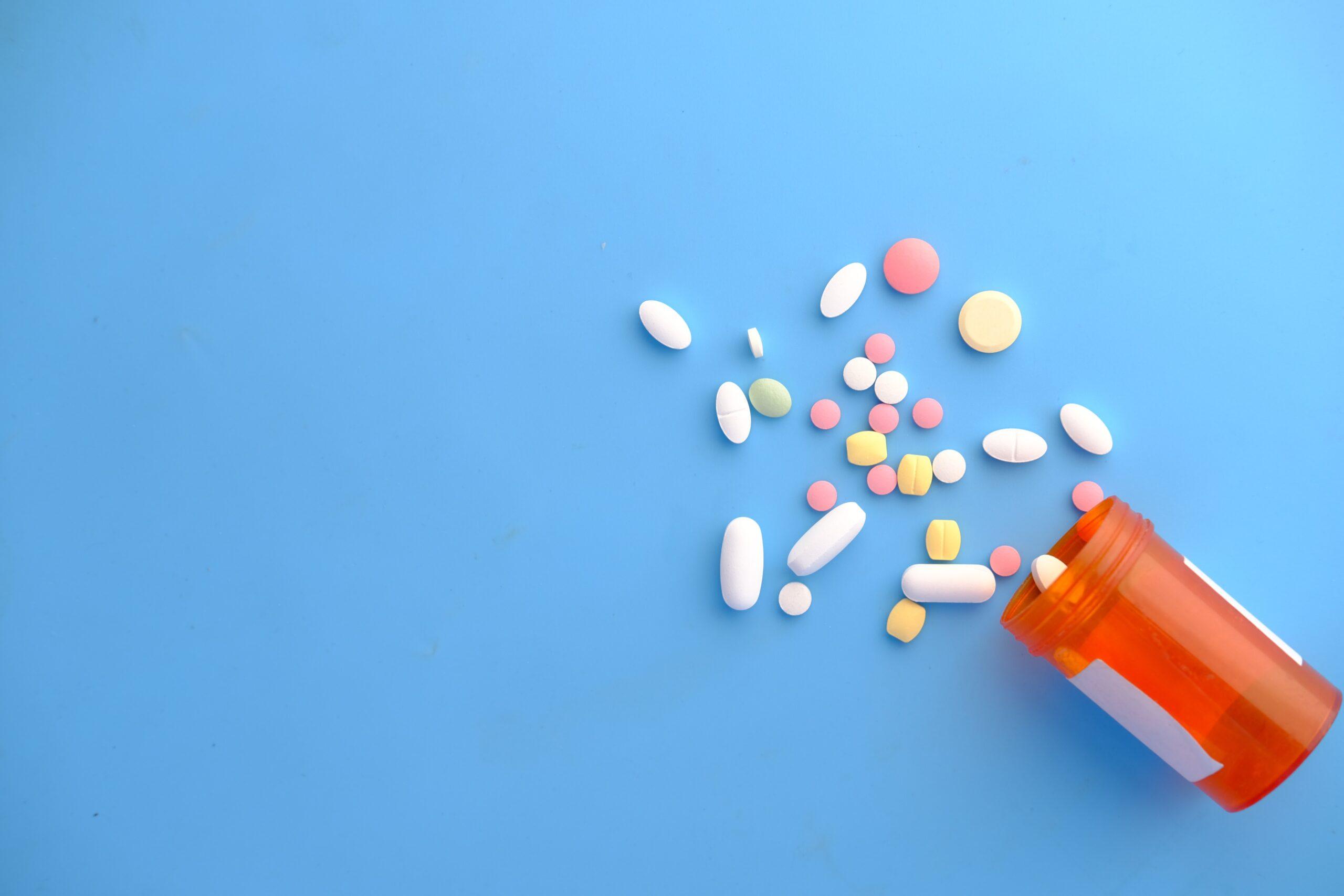According to the American Dental Association (ADA) children consume about 40 percent of their added sugar intake in beverage form. Clever marketing campaigns have fooled many consumers into thinking drinks such as fruit juices, flavored milk and sports drinks are actually good for them. When dentists review diets, patients often omit beverages because they assume that candy and sweetened foods are the only causes of cavities. Many pediatric dentists claim that they detect more cavities due to excessive juice intake than from candy. In addition, we often see an increase in cavities in teenagers due to sports drinks and soda.
Dental caries (cavity formation) is an extremely common childhood disease caused by the fermentation of carbohydrates by bacteria living in the mouth. This process results in acid formation and enamel destruction. All sugars can feed this process. Sugars can be naturally present in beverages or added during processing. In either case they are detrimental to a child’s teeth. Parents often think that “all natural juices” or “organic” drinks will not cause tooth decay. The truth is that the bacteria in the mouth don’t care what kind of sugar they ingest or where it came from.
Dental decay is dependent upon many factors. These include the frequency of exposure to a sugary drink or food, oral hygiene, salivary flow, fluoride use and heredity. The Dentist and parent or child’s caretaker must work together to lower a child’s rate of decay. Each of the above factors must be examined for that particular child. A child can have meticulous oral hygiene, be compliant with fluoride supplements and be otherwise healthy but still have extensive decay. Beverages are often to blame.
Sweetened sports drinks are often ingested throughout an athletic event. Imagine giving your teeth a sugar bath for 2-3 hours!!! The frequency of this exposure without being cleaned or rinsed away can be damaging to the teeth. The most important drink a child should have is water. It has been suggested that a single glass of chocolate milk after a game (followed by tooth-brushing) is all a child requires.
Toddlers are frequently introduced to apple juice as an alternative to breast milk or cow’s milk. At a young age a child will develop a liking to the sweet taste. It is then difficult to convince him or her to drink water instead. We recommend that no juices be given to young children and water is used instead. Even when fruit juices are diluted with water they can be harmful to a child’s teeth.
Many parents are soda drinkers themselves and have a hard time breaking the habit. Their children are the best motivation to make a healthy change. Soda can be an occasional treat but not a daily part of one’s diet.
Next time you are grocery shopping or serving a drink to your child stop and think about the sugar content. Water is always the best choice.




